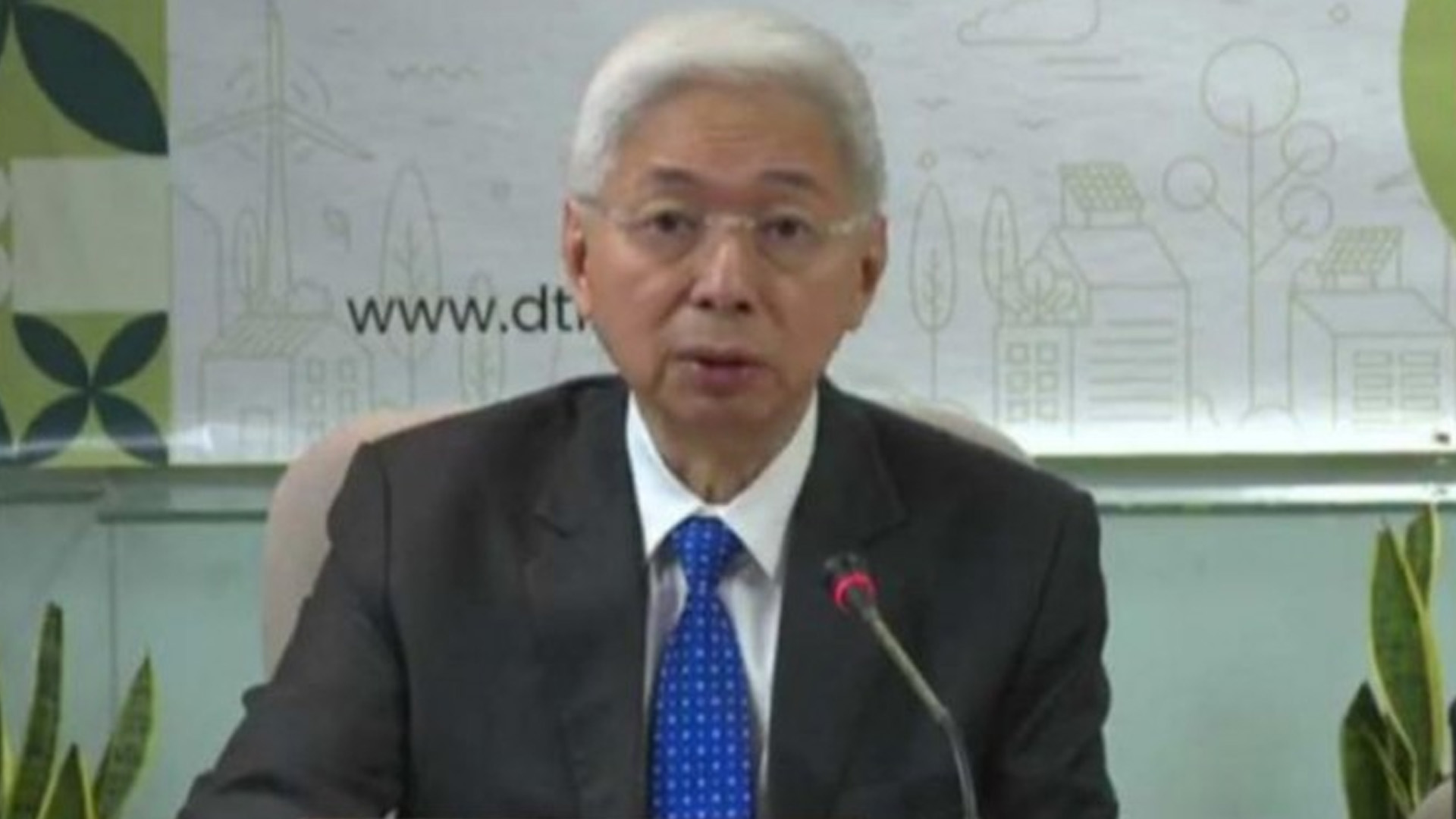Department of Trade and Industry (DTI) Secretary Alfredo Pascual reaffirmed the department’s commitment to boost its science, technology and innovation-driven industrialization agenda with the enactment of Republic Act (RA) 11982 or the Tatak Pinoy Act on Monday.
In line with President Ferdinand R. Marcos Jr.’s priorities in the Philippine Development Plan (PDP) 2023-2028, the newly passed legislation will empower Philippine industries to manufacture a broader range of higher quality and sophisticated products, elevate the country’s position in the global value chain, and enhance productivity and competitiveness in the global market.
The Tatak Pinoy Law lies at the core of the nation’s industrialization strategy, revitalizing and driving the economic agenda with precision. With its focus on promoting industrial excellence, embracing innovation and navigating contemporary challenges, Tatak Pinoy is a transformative legislation that empowers Philippine industries to thrive in an intensely competitive global landscape.
Under the law, a Tatak Pinoy Council will spearhead the development and implementation of a multi-year strategy focusing on five key pillars: human resources, infrastructure, technology and innovation, investments, and sound financial management.
“We are confident that this legislation will bolster our ongoing programs, propelling industries towards greater global recognition and success. It underscores our commitment to implement measures that enhance the competitiveness of our local industries, ensuring that the world gets to experience what the Philippines has to offer,” Pascual said in a news release.
The Atlas of Economic Complexity, which measures the level of sophistication of export products being produced by countries globally, ranks the Philippines as 33rd among 133 countries, with an overall economic complexity index of 0.76.
This is driven by the country’s exports of high to moderate complex products such as electronics and integrated circuits, electrical machinery and equipment, as well as information and communications technology (ICT) services.
The country ranks 4th in Southeast Asia, trailing behind Singapore (5th), Thailand (23rd), and Malaysia (28th), and above Vietnam (61st) and Indonesia (64th).
“The Tatak Pinoy Law is a significant milestone that will enable our industries to climb up the economic complexity ladder, making the Philippines a more formidable player in the global market. Tatak Pinoy will enable our industries to embrace new technologies and effectively overcome the challenges of the modern world,” DTI Undersecretary Rafaelita Aldaba said.
With the implementation of the Tatak Pinoy Law, the DTI aims to elevate the country’s ranking by supporting and promoting the production of more sophisticated and high-quality products.
Tatak Pinoy will build on the existing flagship initiatives of the DTI, such as the One Town, One Product (OTOP) and Malikhaing Pinoy Program, which cultivate and promote unique products and empower local entrepreneurs and innovators to elevate the quality and marketability of locally made products.
Tatak Pinoy is poised to revolutionize industries, particularly Philippine manufacturing, amidst the entry of Fourth Industrial Revolution technologies. It will amplify DTI’s efforts in building an Industry 4.0 Pilot Factory, establishing a Center for Artificial Intelligence Research (CAIR), and supporting the country’s Regional Inclusive Innovation Centers (RIICs).
The new law will also drive innovation and facilitate Industry 4.0 adoption, especially among micro, small and medium-sized enterprises (MSMEs).
Pascual said a critical provision of the law is the mandate for the Philippine government to prioritize Filipino products and services in government procurement, strengthening collaboration between the public and private sectors.
“This initiative serves as a catalyst for creating a robust market environment, particularly beneficial for SMEs and startups,” he said.
“Let’s work together to build a vibrant and dynamic industry ecosystem that benefits everyone, positioning the Philippines as a center of innovation and excellence on the global stage,” he added.
Landmark legislation
Department of Budget and Management (DBM) Secretary Amenah Pangandaman also welcomed the Tatak Pinoy law, a landmark legislation that aims to augment collaboration between private and government sectors in advancing Filipino goods and services.
“I convey my warmest appreciation and gratitude to President Ferdinand R. Marcos Jr. for signing into law the Tatak Pinoy Act. This legislation holds immense significance as the President has been advocating for its passage since the State of the Nation Address in 2023. Now, it is finally here,” Pangandaman said in a news release.
RA 11982 is President Marcos’ priority bill and among the six priority measures approved by the Legislative-Executive Development Advisory Council (LEDAC).
“Suffice it to say, the legislative process of the Tatak Pinoy Act was smooth and swift, thanks to collective efforts of the House of Representatives, Senate, and the President. The recently signed law marks a moment of unity and shared conviction toward our cherished Bagong Pilipinas,” she said.
“This is a promise fulfilled, words turned into action. This is now solid evidence of the transformative power of Bagong Pilipinas, under the leadership of President Bongbong Marcos. It attests to the government’s recognition of the inherent worth of locally-produced goods and services. The Tatak Pinoy Act is, in fact, the heart of Bagong Pilipinas,” she added.
The Tatak Pinoy (Proudly Filipino) Act (RA 11981) mandates the formulation, funding implementation, monitoring, and evaluation of a comprehensive multi-year Tatak Pinoy (Proudly Filipino) strategy establishing a Tatak Pinoy Council (TPC).
The TPC will be chaired by the DTI Secretary, with the vice chairmanship held by the Secretary of the National Economic and Development Authority (NEDA) as well as the Secretary of Finance. The DBM will function as a member of the Council. (PNA)







